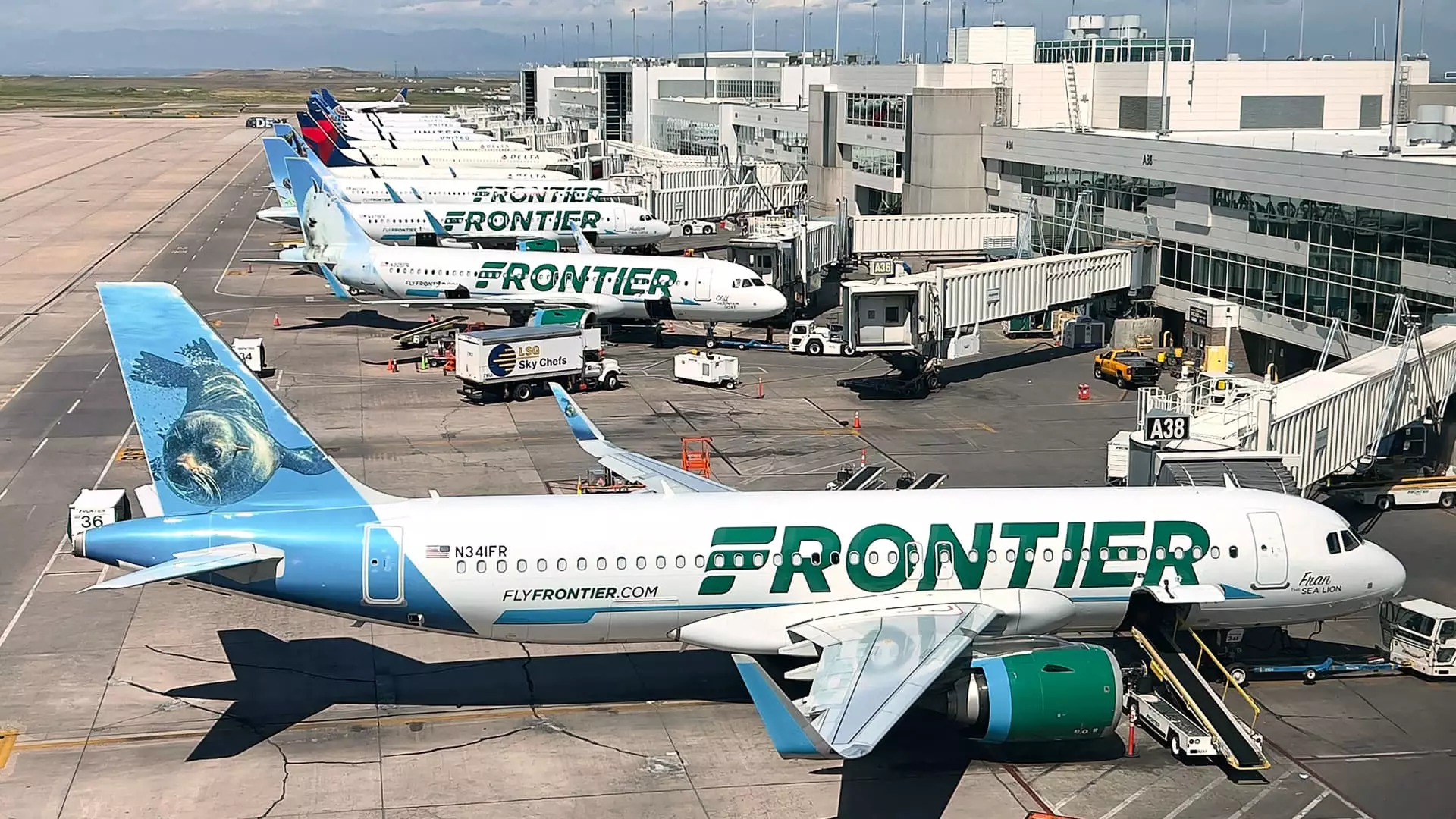In a move signaling a significant strategic shift, Frontier Airlines, one of the major players in the budget airline sector, has announced plans to introduce first-class seating on its flights. This decision arrives as the airline industry increasingly vies for the attention of customers who prioritize personal space and are willing to invest more in their travel experience. Starting in September, the Denver-based airline will remove the first two rows of its three-by-three economy class to make way for a more spacious two-by-two first-class configuration, thereby tailoring its offerings to better meet the needs of a changing consumer landscape.
Alongside the introduction of first-class seats, Frontier is also re-evaluating its loyalty program to enhance customer engagement. The airline intends to offer complimentary seat upgrades for its gold level members and above when available, as well as a free companion ticket for its platinum and diamond-level members. By 2025, travelers will even be able to use their accumulated miles to cover seating upgrades and baggage fees, which stands to significantly enrich the travel experience for frequent flyers. This proactive enhancement of the loyalty program may not only attract new customers but also strengthen the retention of existing ones.
CEO Barry Biffle has articulated optimism regarding the financial impact of these new initiatives. The airline anticipates generating approximately $250 million in 2026, with projections exceeding $500 million by 2028. During an interview, Biffle succinctly noted the paradox faced by Frontier: despite boasting the lowest operating costs in the industry, its previous revenue model fell short in profitability. By integrating first-class seating and bolstering its rewards program, Frontier aims to bridge this gap and elevate its revenue-generating potential.
Frontier’s decision arrives amidst intense competition within the airline market, where traditional carriers like Delta and United dominate profitability with enhanced seating options and high-end services. Azbudget airlines, such as JetBlue and Southwest Airlines, are also adapting by incorporating features like extra-legroom seats and assigned seating. To effectively compete, Frontier must carve out a distinctive niche that emphasizes affordability while still providing an elevated travel experience. Biffle has stated that despite the competition, Frontier’s first-class offerings will still present a cost-effective alternative.
As the airline prepares to roll out these substantial changes, it’s evident that Frontier Airlines is positioning itself to adapt to the evolving demands of its customer base. The forthcoming introduction of first-class seating, coupled with an overhauled loyalty program, represents a significant pivot from the traditional budget airline model. This evolution will be closely watched by industry analysts and consumers alike, as Frontier attempts to solidify its place in an increasingly competitive market, balancing the principles of affordability with enhanced service offerings. Through these transformations, Frontier Airlines hopes not only to remain relevant but to thrive in a landscape where higher-paying customers are essential for long-term success.



Leave a Reply